QUEZON CITY, December 6, 2022 – Banking on the learnings from the Phase 1 implementation, the Department of Agriculture – Special Area for Agricultural Development (DA-SAAD) in partnership with the DA CALABARZON (RFO 4A) initiated the Participatory Rural Appraisal (PRA) Workshop for old and new region implementers as a head start aimed at providing essential tools and important principles on community organizing.
The PRA Workshop is a capacity reinforcement activity for the implementers and a crucial part of the social preparation component of the SAAD Program geared to intensify and improve precision planning. PRA mainly promotes community-led holistic environmental and social study of areas that can extract valuable information for planning development projects tailored to the receivers.
In his opening message, SAAD Program Director Ulysses J. Lustria, Jr. underlined the importance of PRA for determining the most suitable assistance for SAAD beneficiaries in continuous pursuit of its goals: food security, competitive production, sustainability, and establishment of community-based-enterprise. “PRA is done to make sure that livelihood projects are suitable and appropriate for beneficiaries. PRA can help us identify livelihood projects for Phase 2 na bagay sa isang lugar at sa market system sa loob ng area,” Dir. Lustria shared.
The workshop ran for five (5) days through a team-teaching method that laid down PRA fundamental principles and practices through extensive and interactive lectures. SAAD’s partner and lecturers are PRA practitioners and experts from different programs and research projects from the DA-CALABARZON – an incoming SAAD region for Phase 2, starting in 2023.
PRA is a participatory and interdisciplinary research approach that aims to utilize sustainable and resource conservation methods to guide policies and planning geared at improving the economic, and socio-cultural conditions of identified communities. While participant-led, the dialogue extracts important environmental, cultural, agricultural, and economic information through a guided exchange to develop PRA reports.
Mr. Wilmer S. Faylon headed the resource team, DA-SAAD CALABARZON Focal Person, who discussed Problem Ranking, Problem Cause Diagram, Possible Solution Ranking, and Strengths, Weaknesses, Opportunities, Threats (SWOT) Analysis and Action Planning, among others.
For compatibility and feasibility studies with considerations to geologic, topographic, and meteorologic make-up of areas relative to agriculture is the Agro-Ecosystem Mapping led by Mr. John Carlo P. Narvacan – Science Research Technician. Ms. Maria Riza G. Panopio, Science Research Specialist (SRS) expounded on Timeline & Trend Analysis, and Mr. Girsky V. Anda (SRS) on Seasonal Calendar, Cost and Return, Resource Flow, and Institutional Diagram – all essential tools to know the historical data, analyze the interrelationship of problems in the community and predict market opportunities for agri-production.
The PRA also aims to bridge the gap between the student (development workers) and the studied (communities), where realities on the ground are thoroughly described. This is to avoid irrational and presumptive projects whose concept and context come from the assumptions and theories of the researchers.
SAAD plans to conduct the PRA as the program welcomes a new set of beneficiaries. Meanwhile, SAAD graduates (Phase 1 beneficiaries) are endorsed to the local government and banner programs following the “small brother-big brother” principle.
SAAD NPMO Program Monitoring and Evaluation (PME) Head Mr. Darwin Pamatmat reminded all participants to use the activity as a testing ground for using the PRA tool on the field. “Aside sa dialekto, ang problema ay kung paano natin maiintindihan ang ating kausap. Kailangan maintindihan natin ang pangangailangan ng farmers at maipaabot ang solusyon para sa kanila,” Mr. Pamatmat stressed.
(Aside from the dialect, our problem is how to understand who we are talking to. We need to understand the needs of farmers to deliver the solutions for them.)
Mr. Pamatmat presented the suggested PRA guidelines for Phase 2 implementation and got each participant’s commitment on when PRA should start regionally in 2023.
The PRA is a community-led and centered activity utilized in the planning phase of development projects anchored in identifying opportunities and challenges in the pre-implementation of the program. Coming from fostering participation from the communities, the PRA aims to exercise people’s voice, and duty to partake in decision-making, empower communities towards ownership, influence, and control their progress in development. ###
Writers: Ray Bart Manoguid, Jessamae Gabon, DA-SAAD NPMO Information Officers

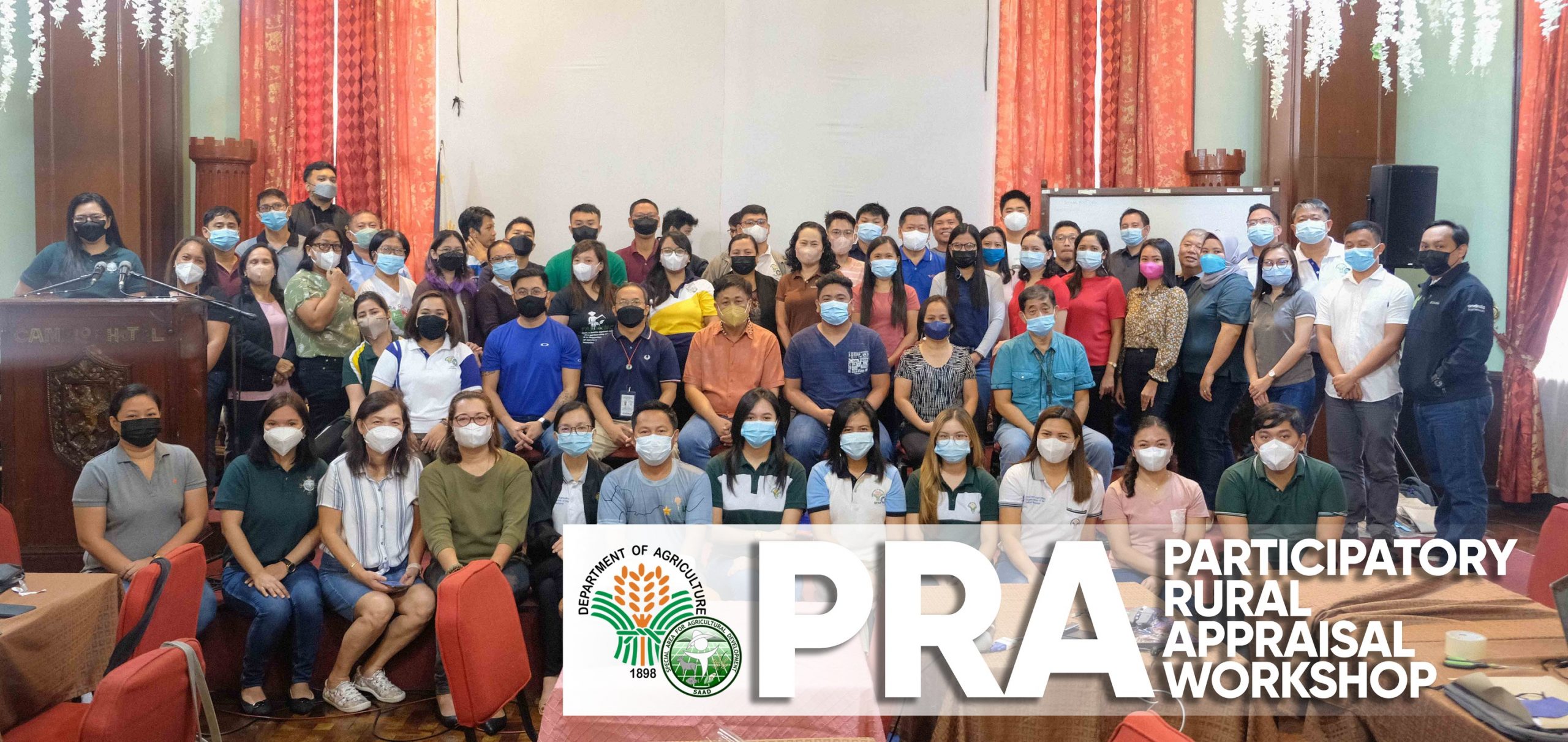
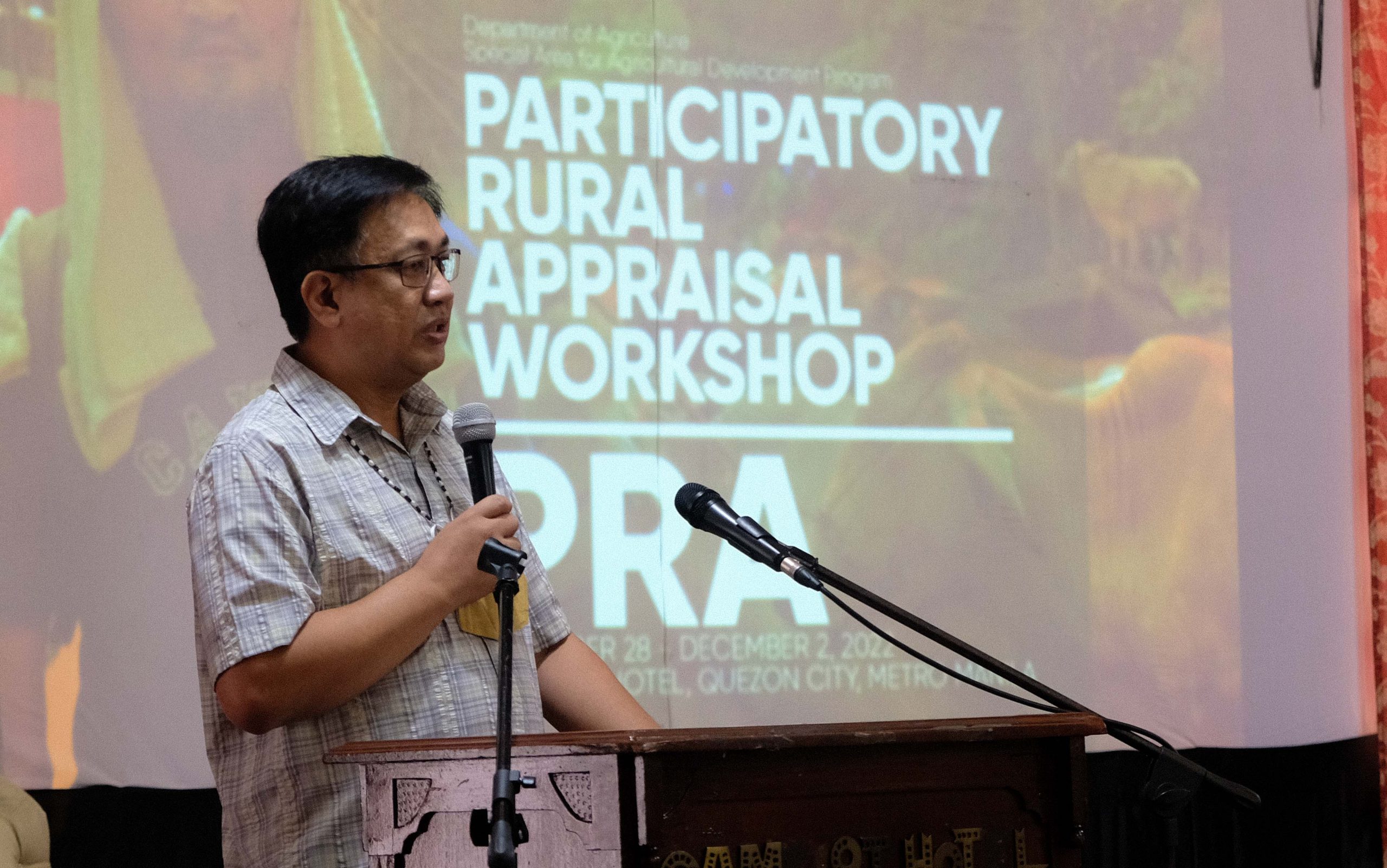
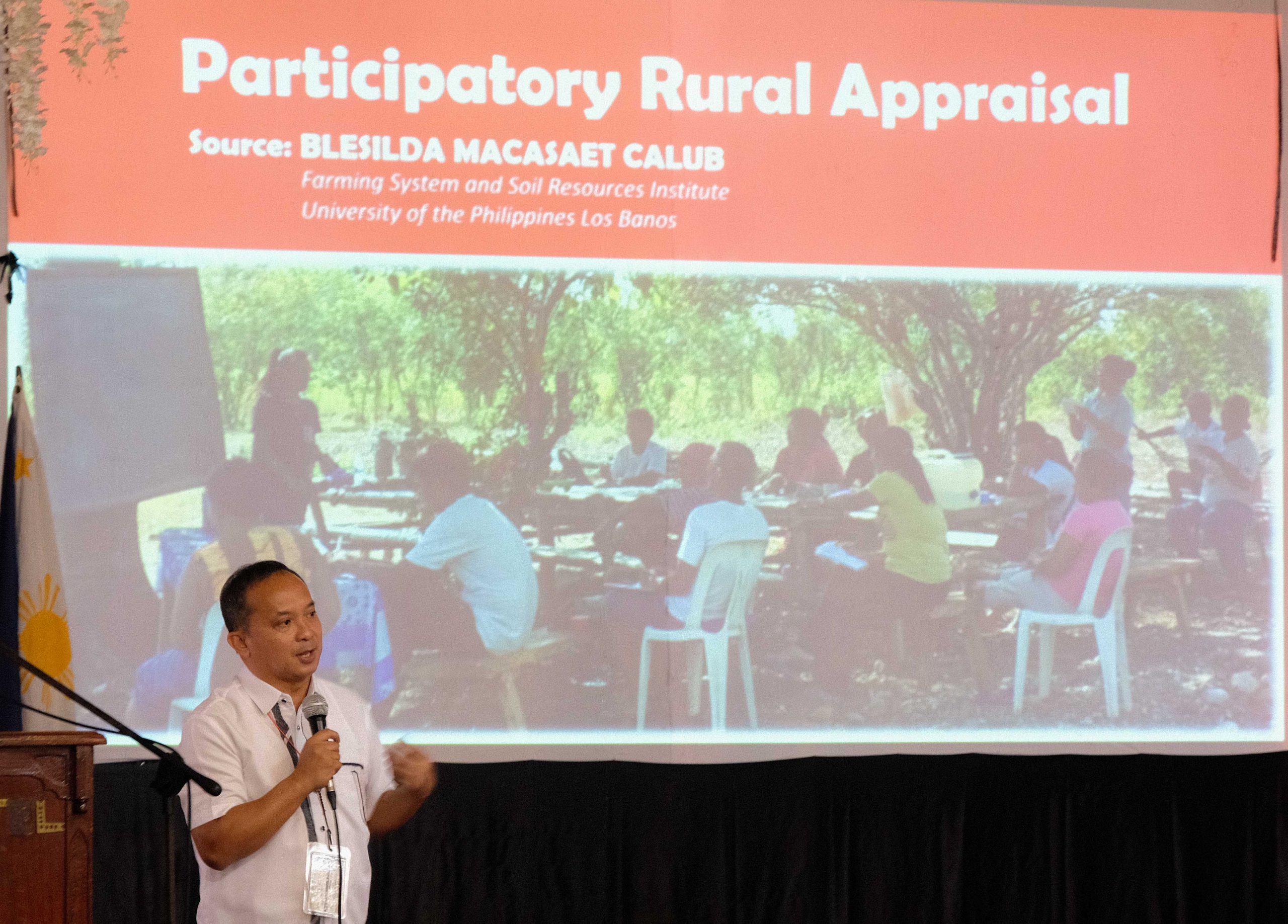
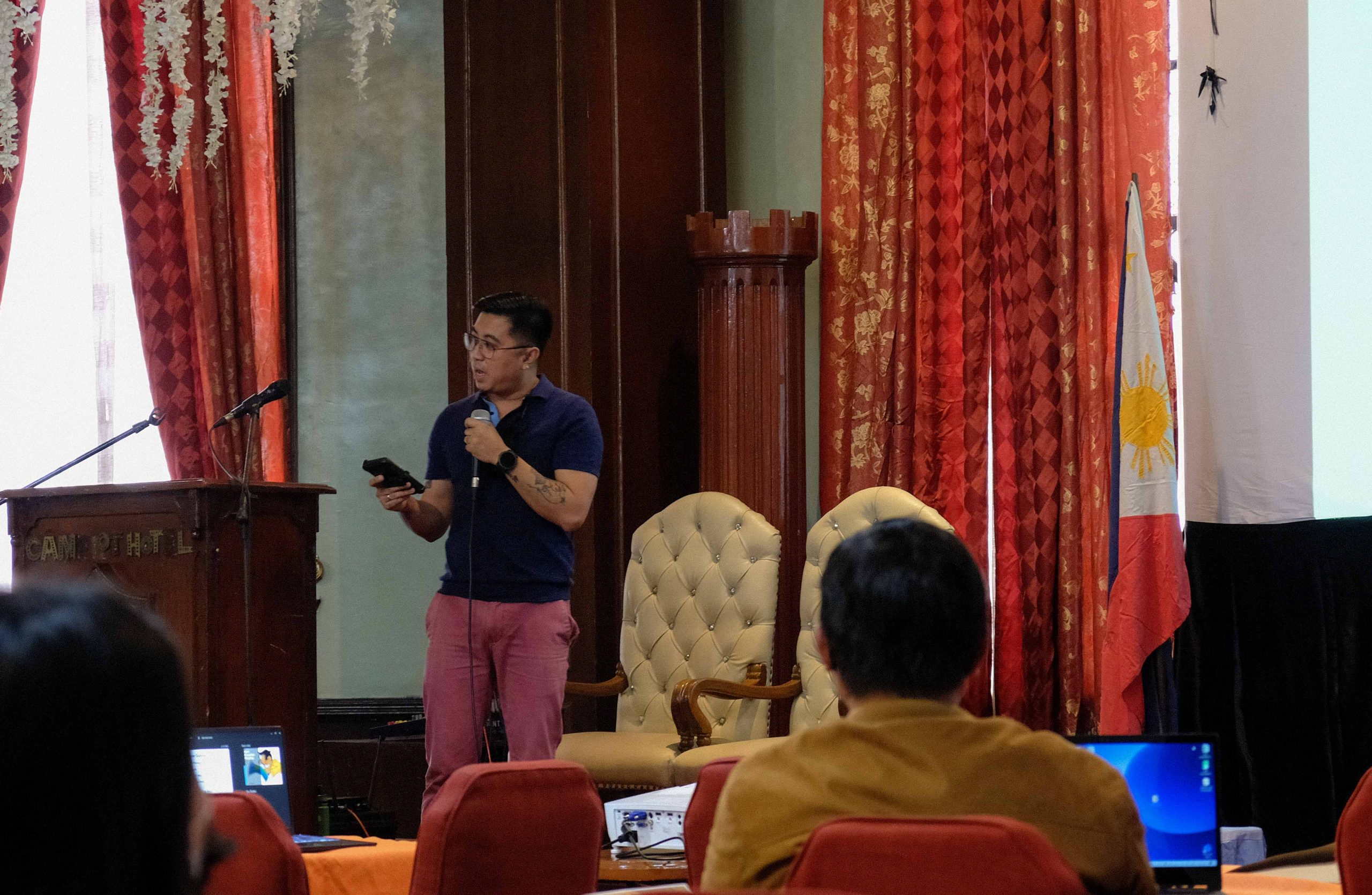
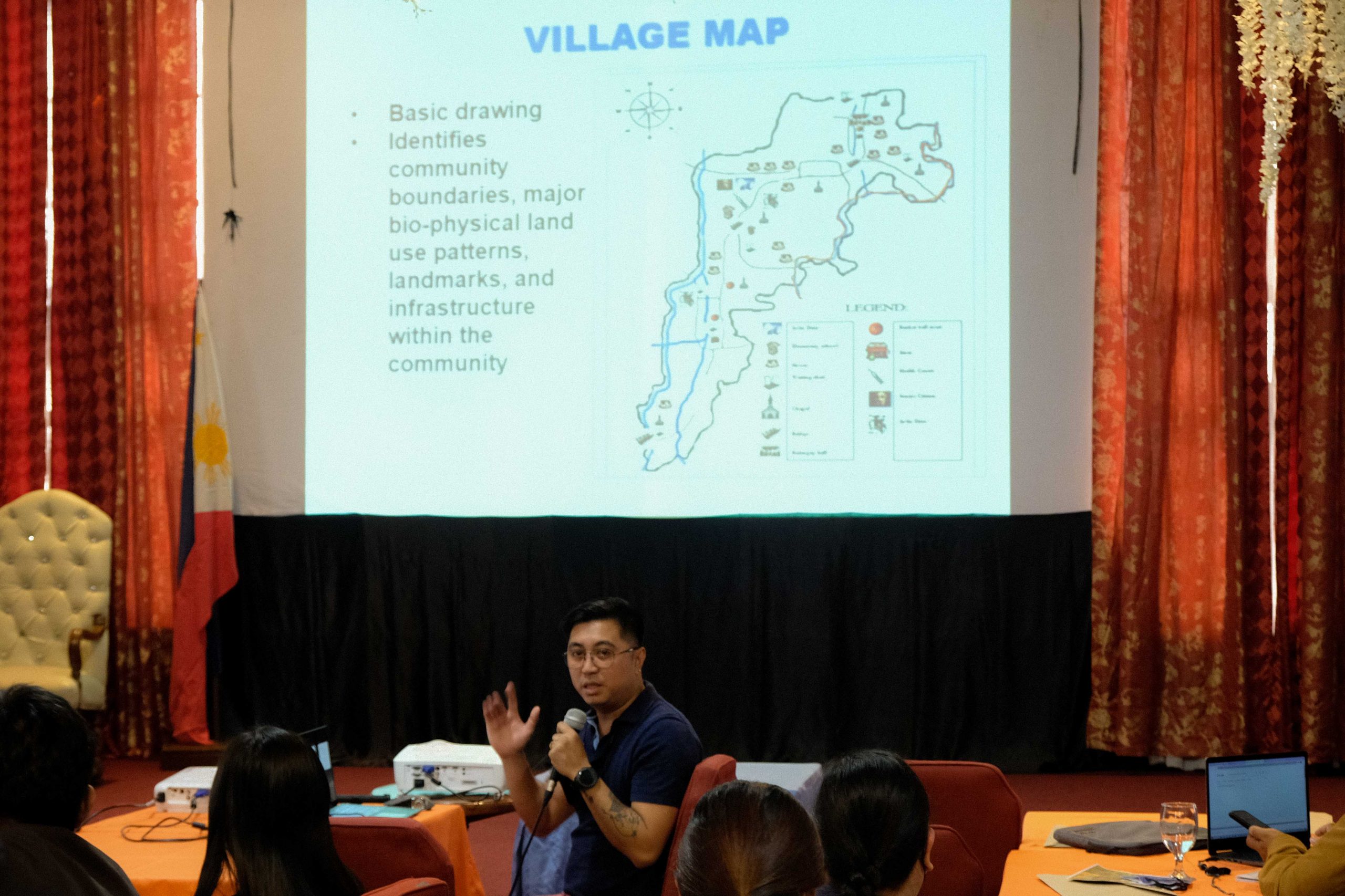
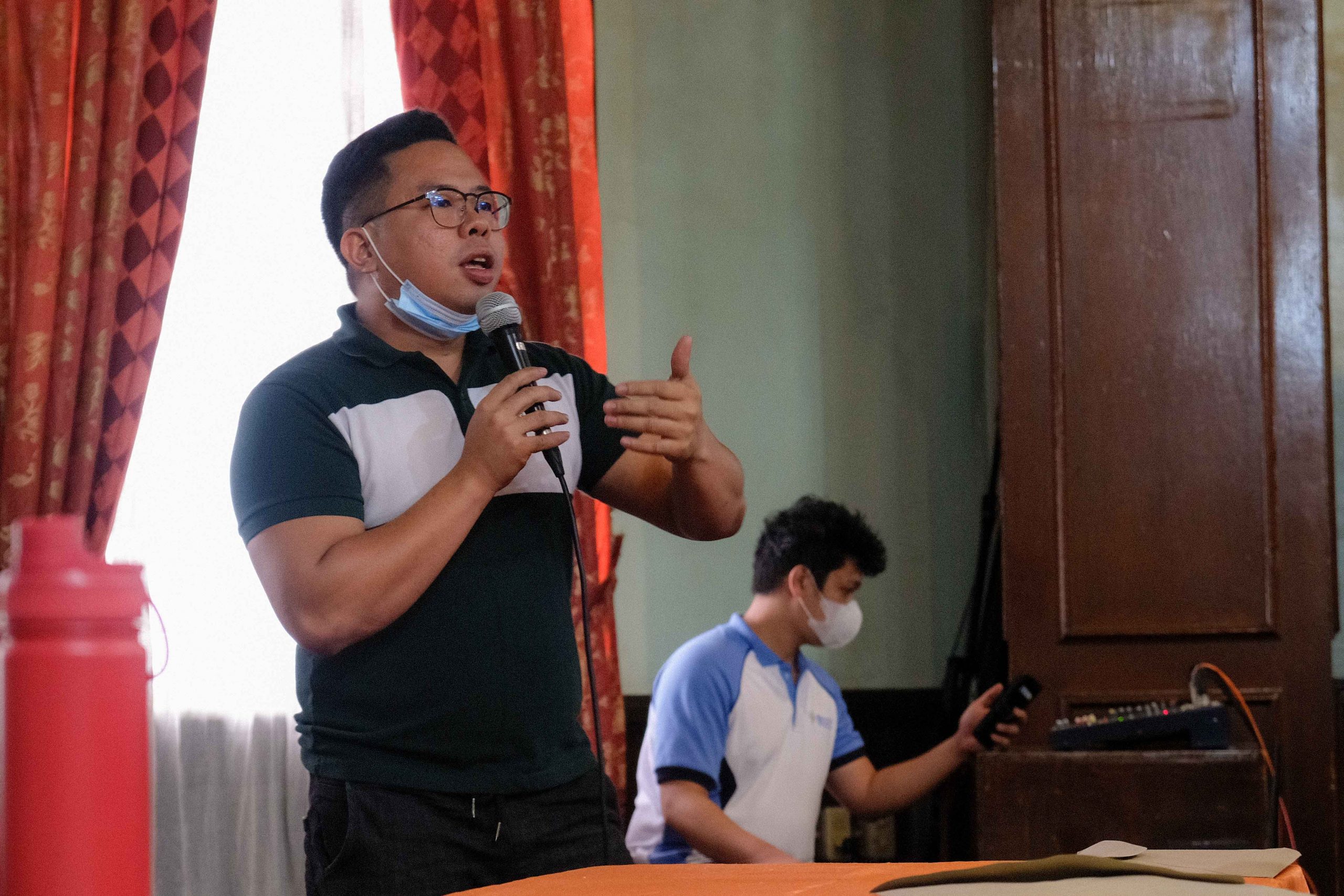
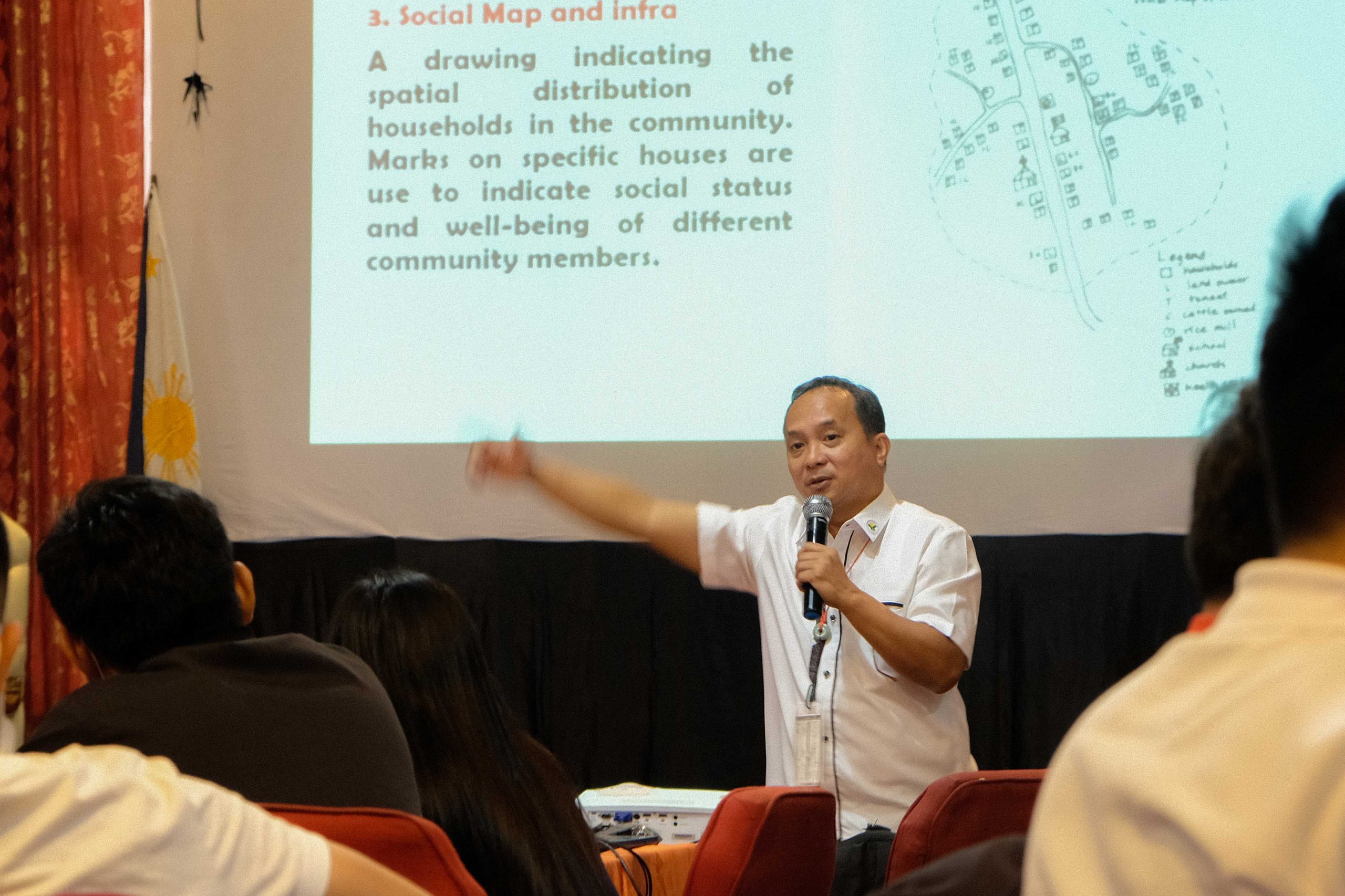
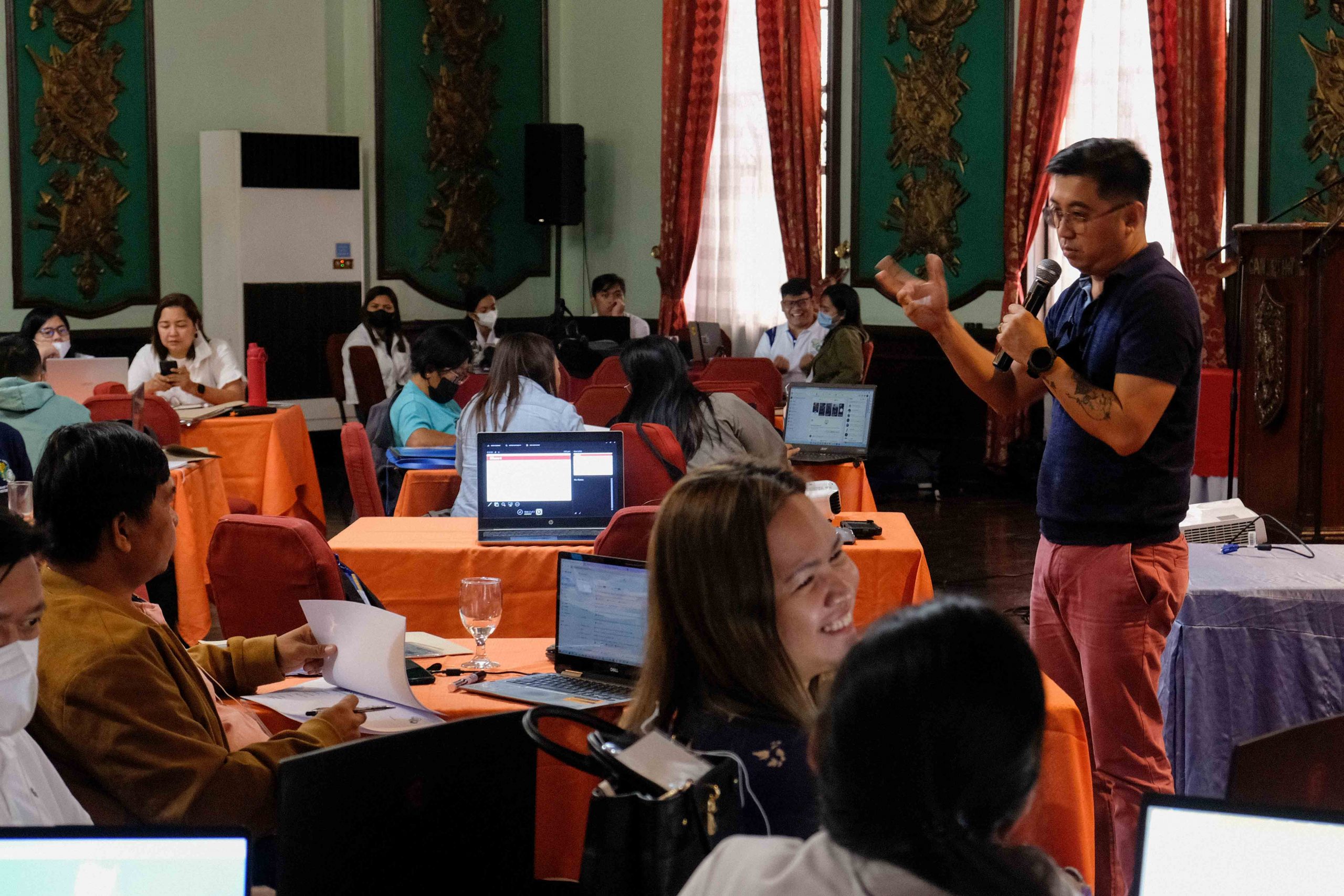
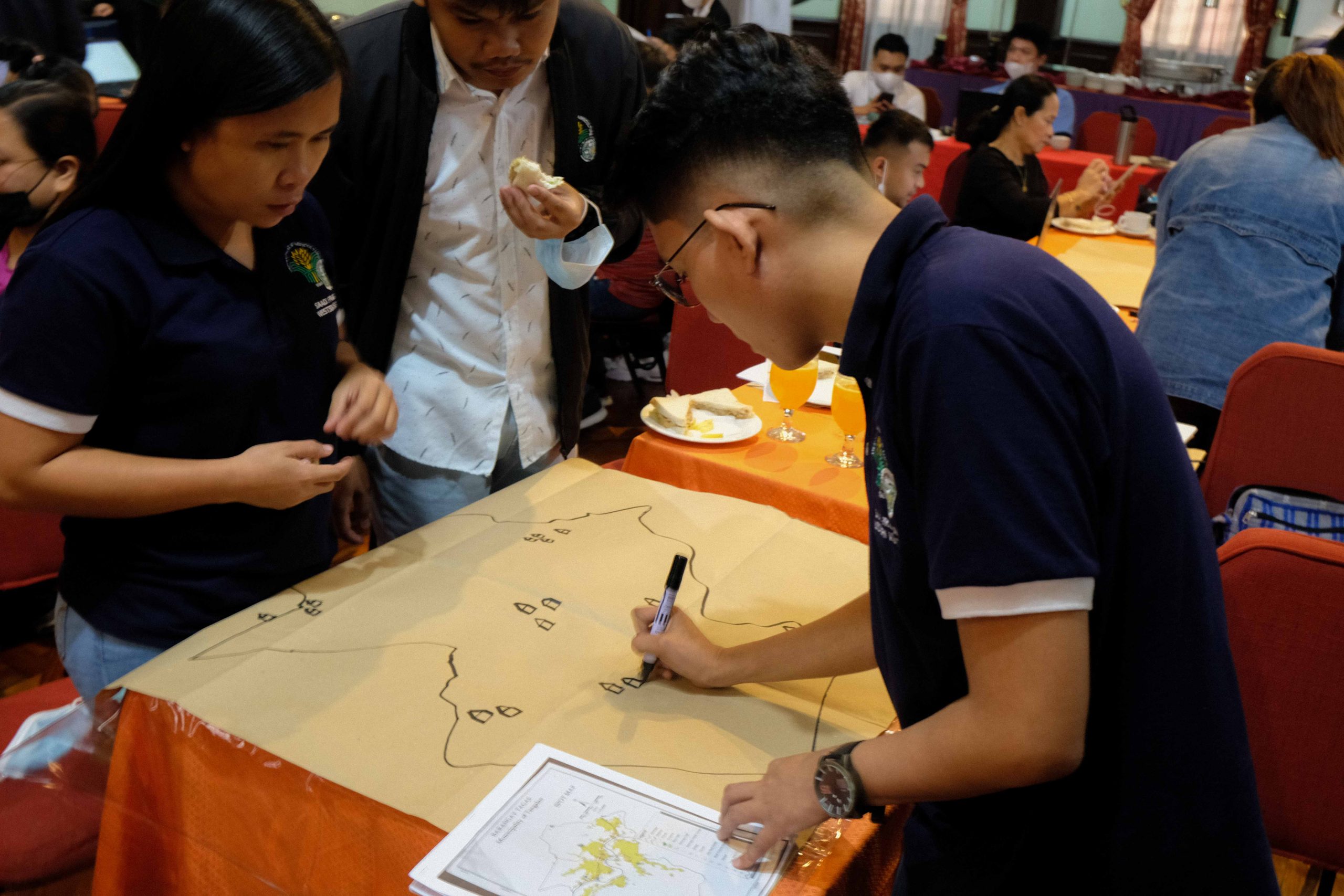
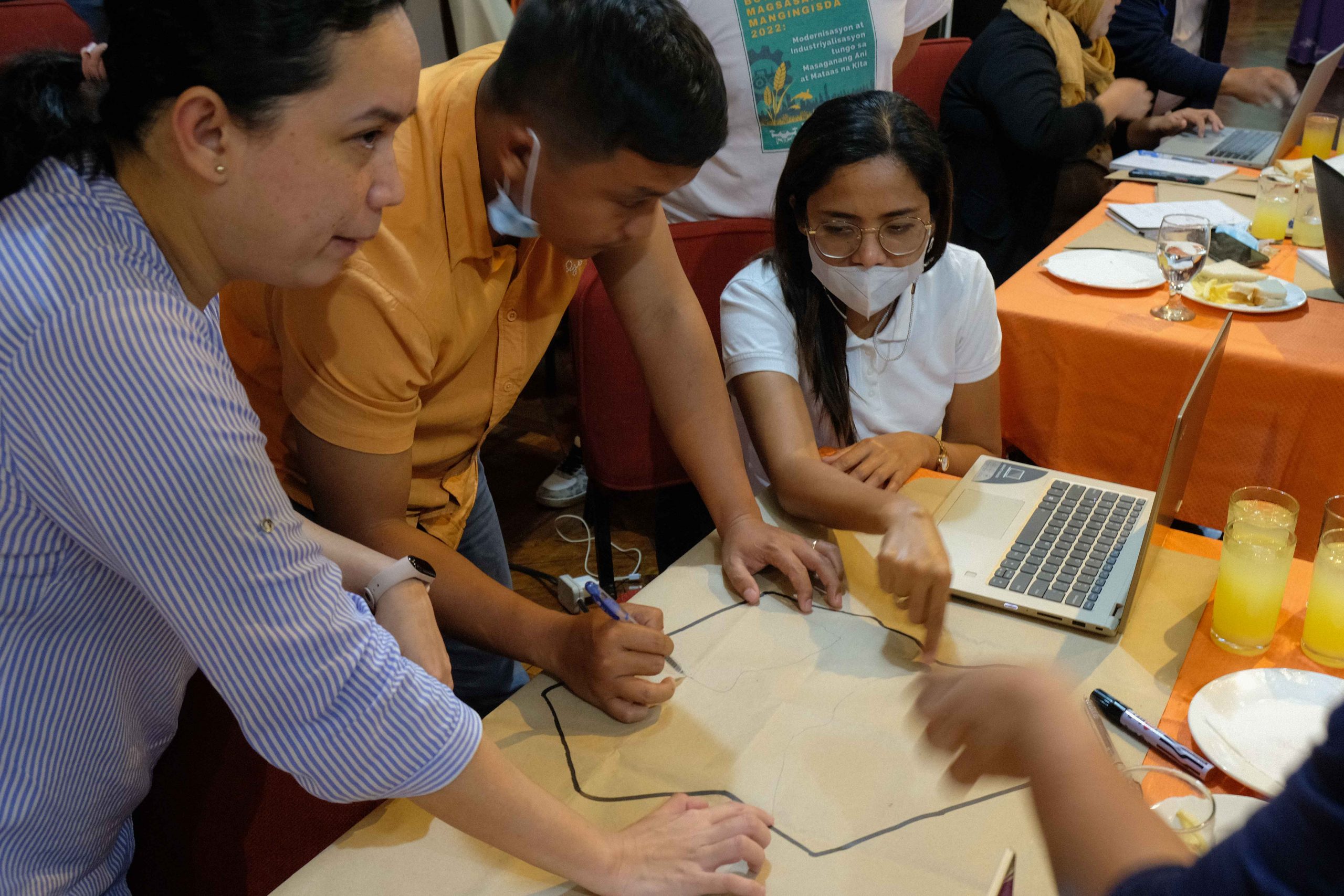
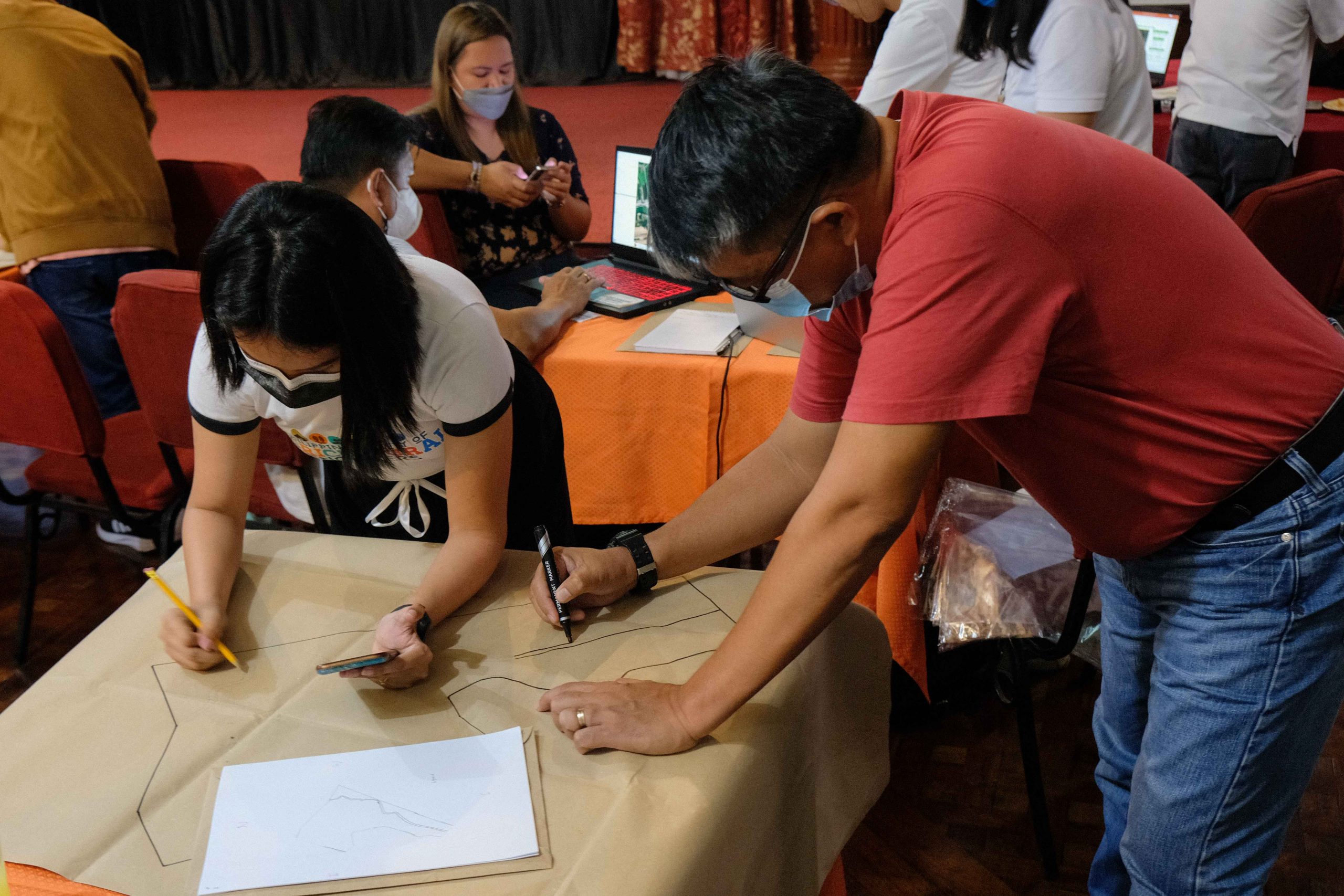
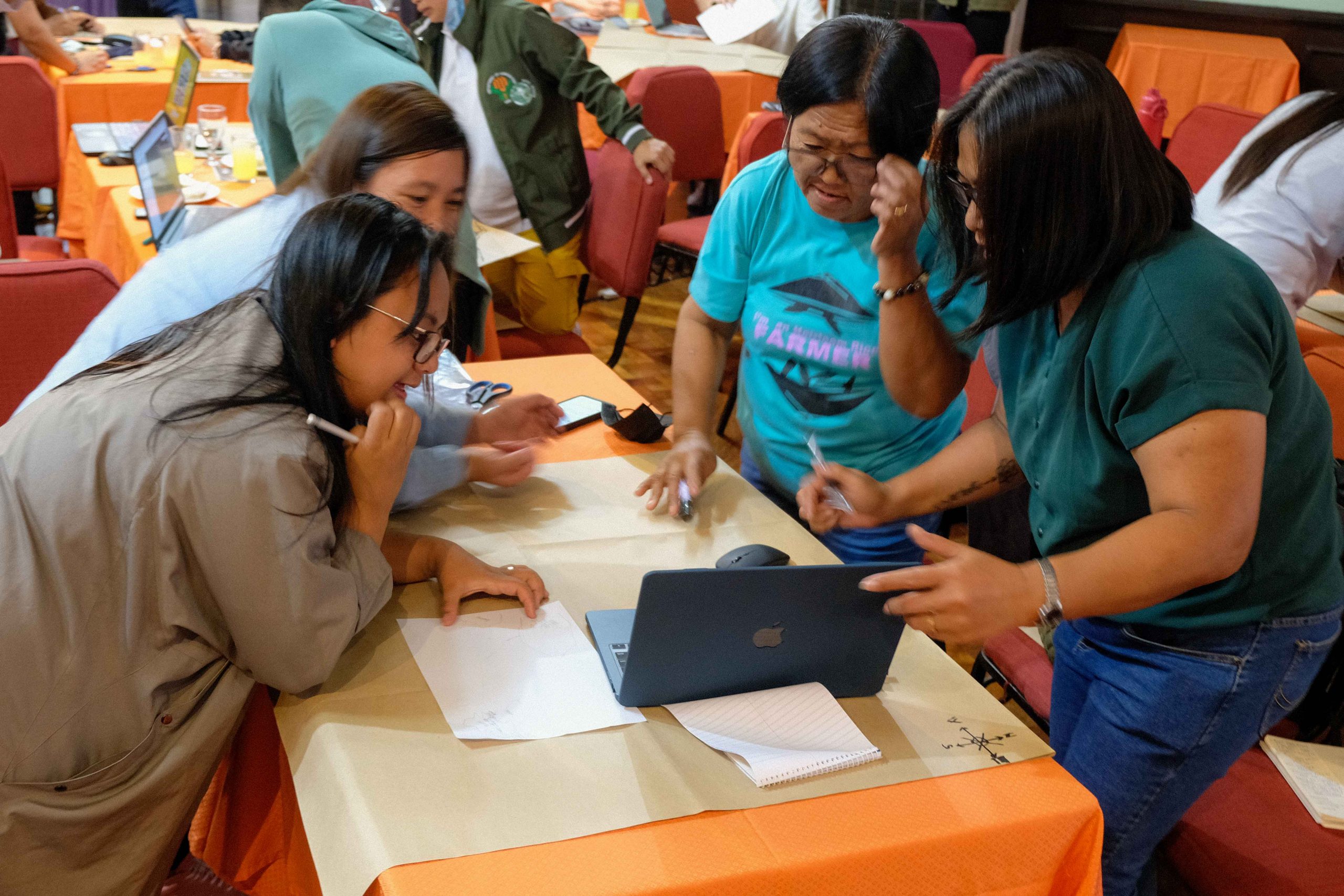
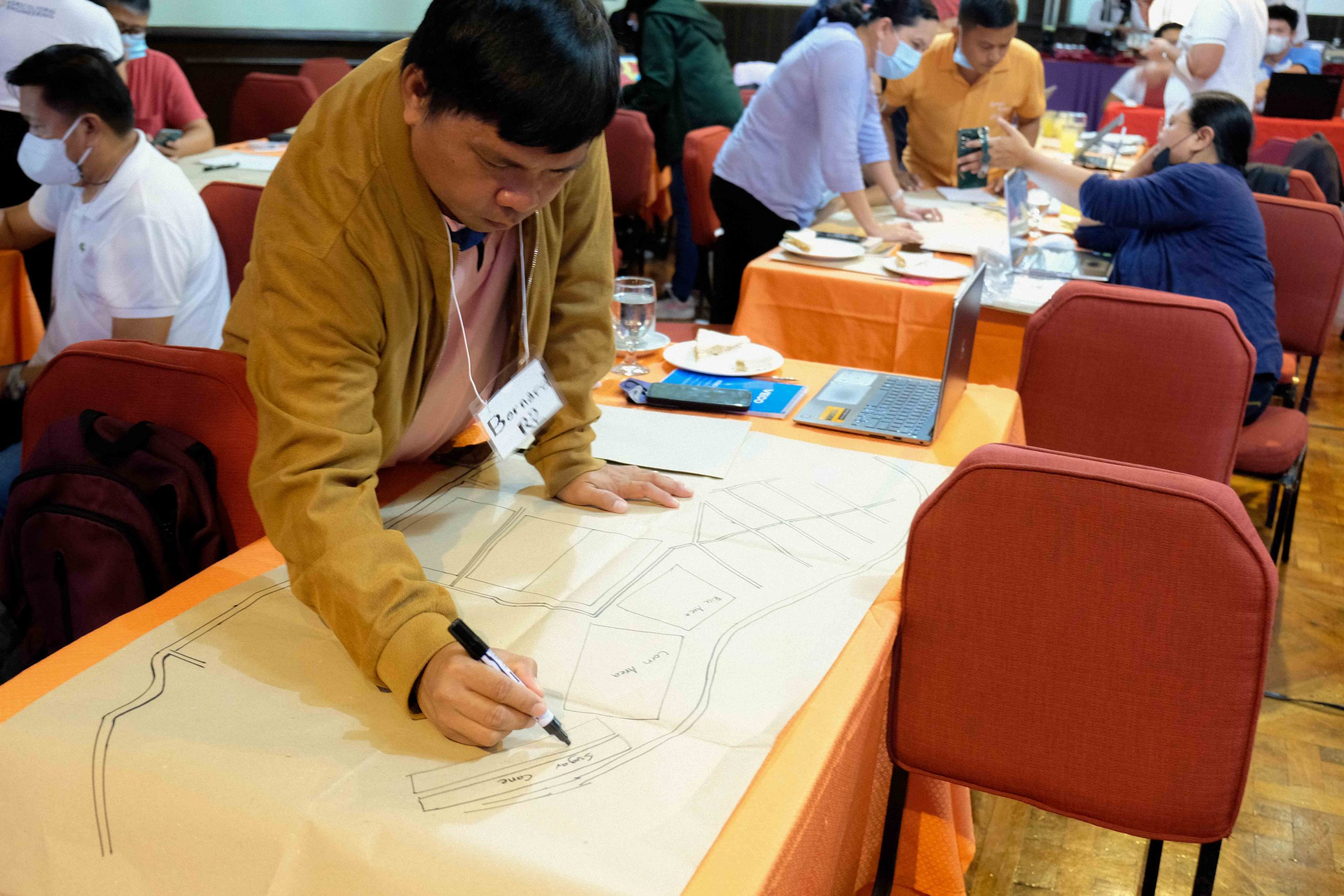
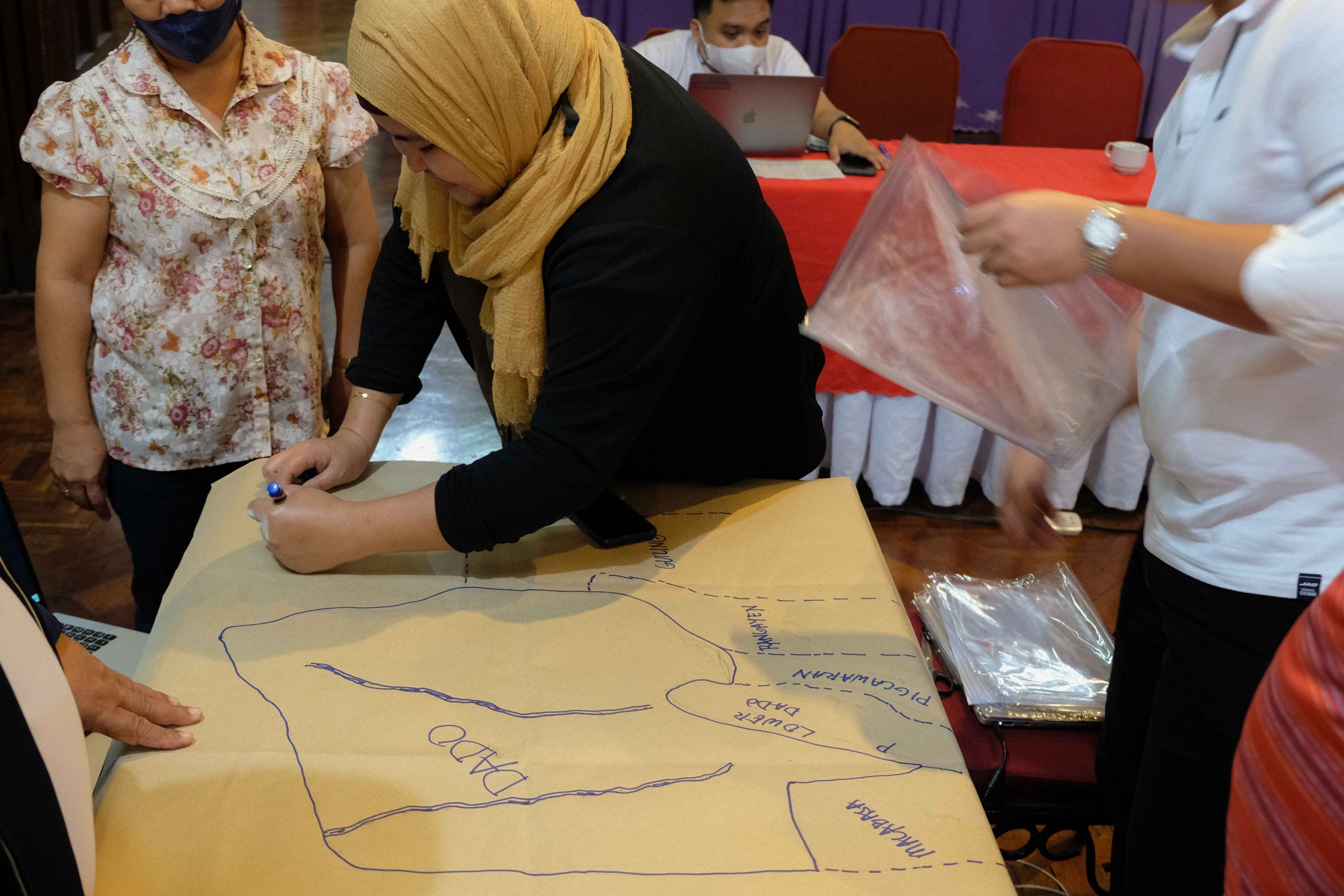
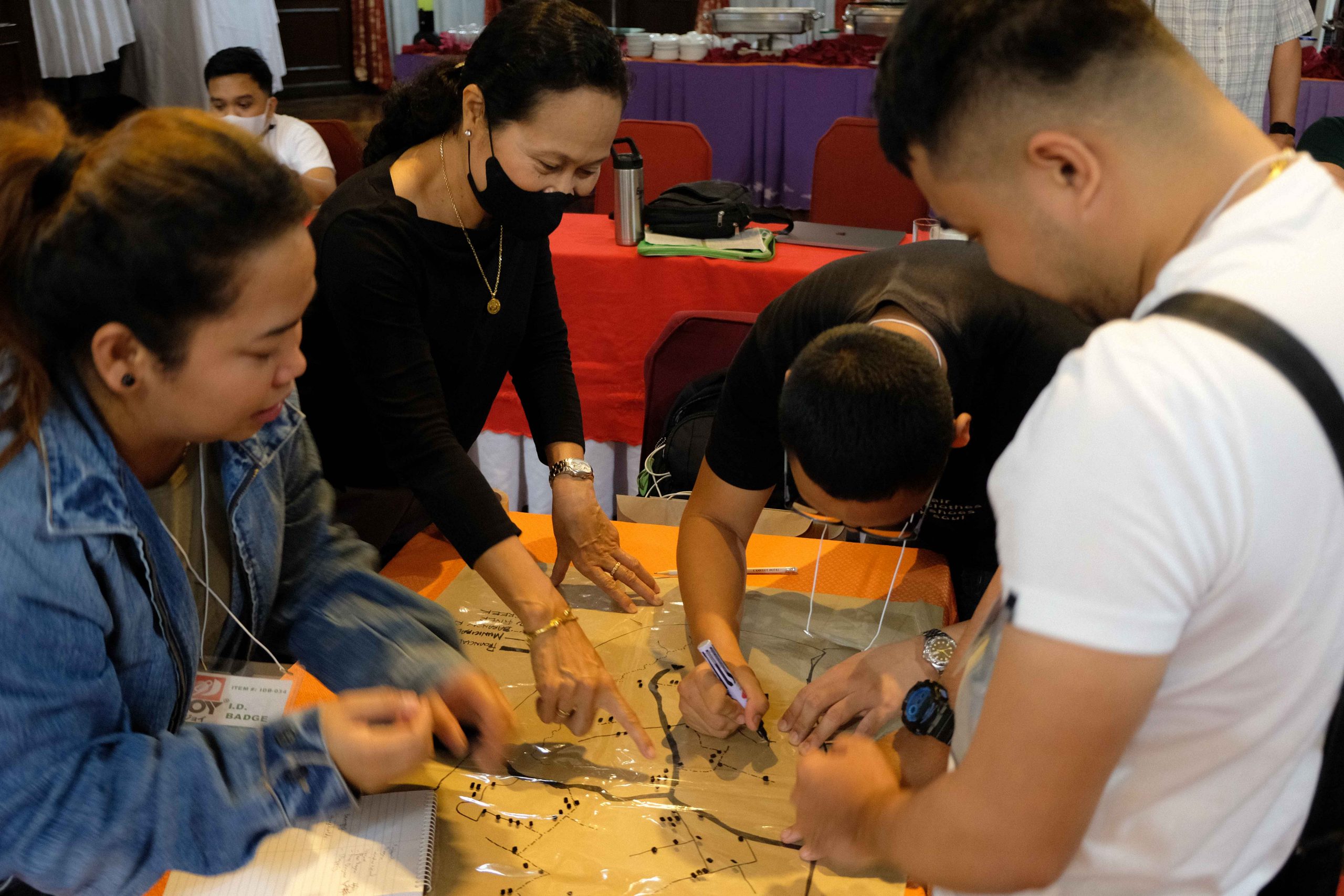
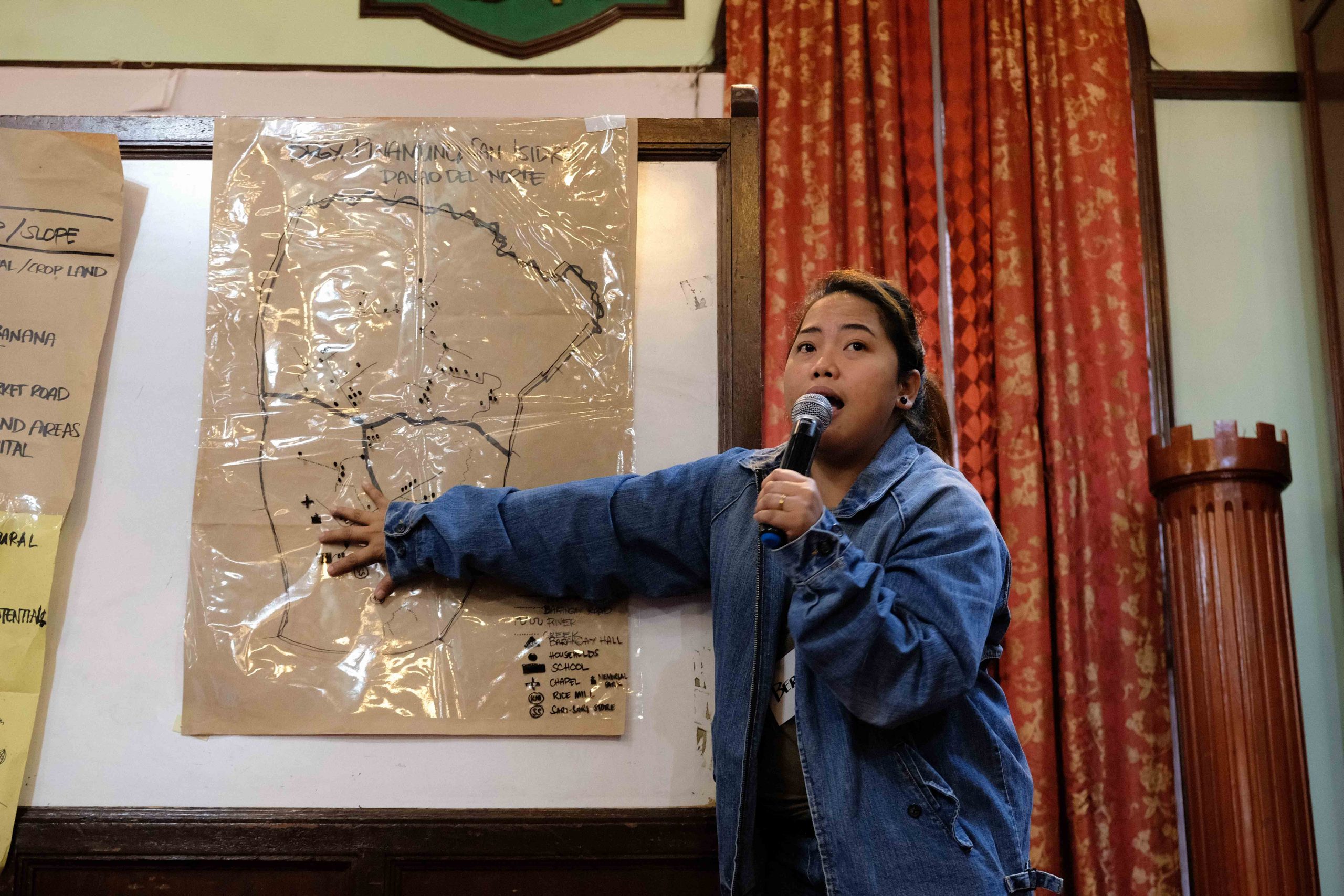

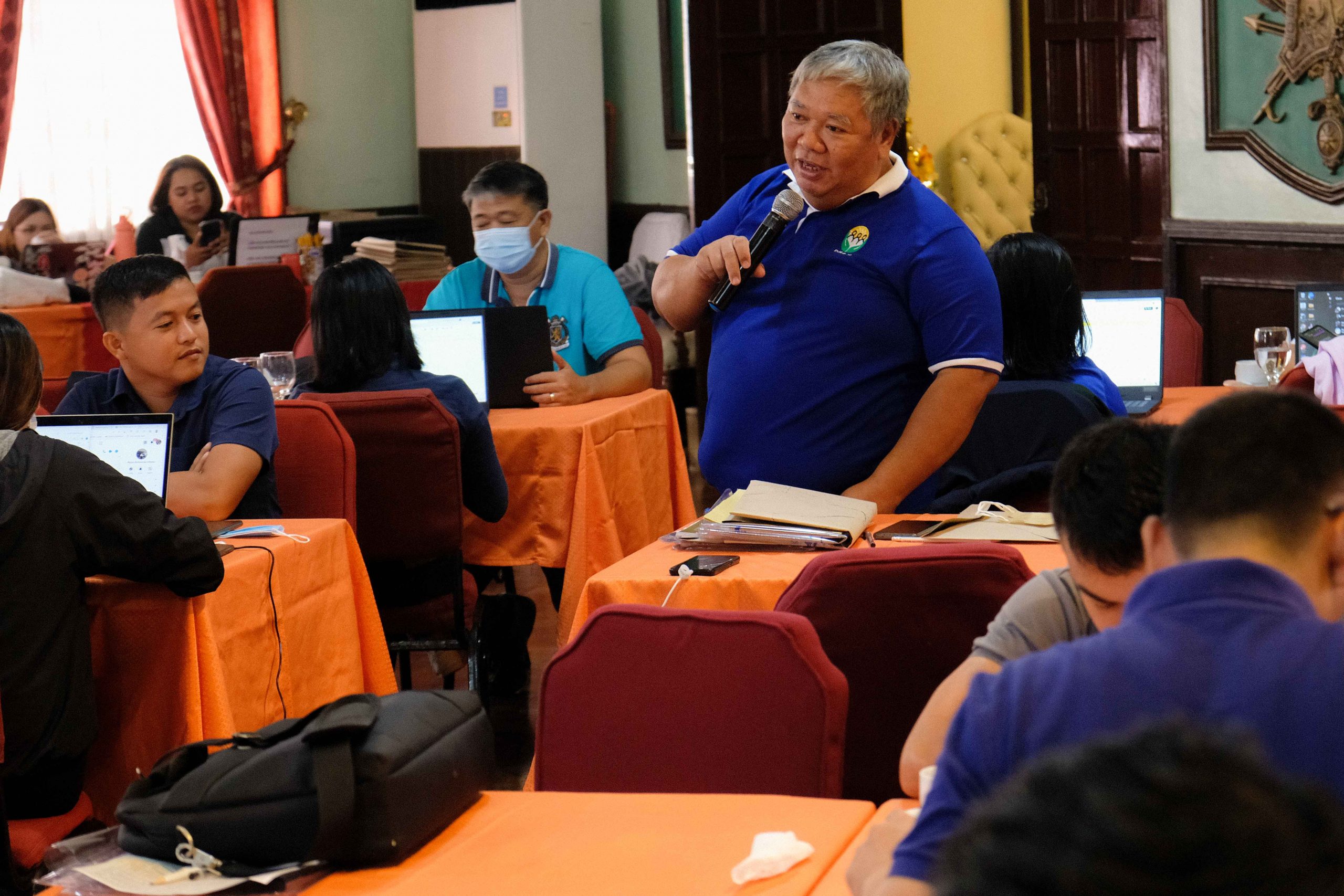
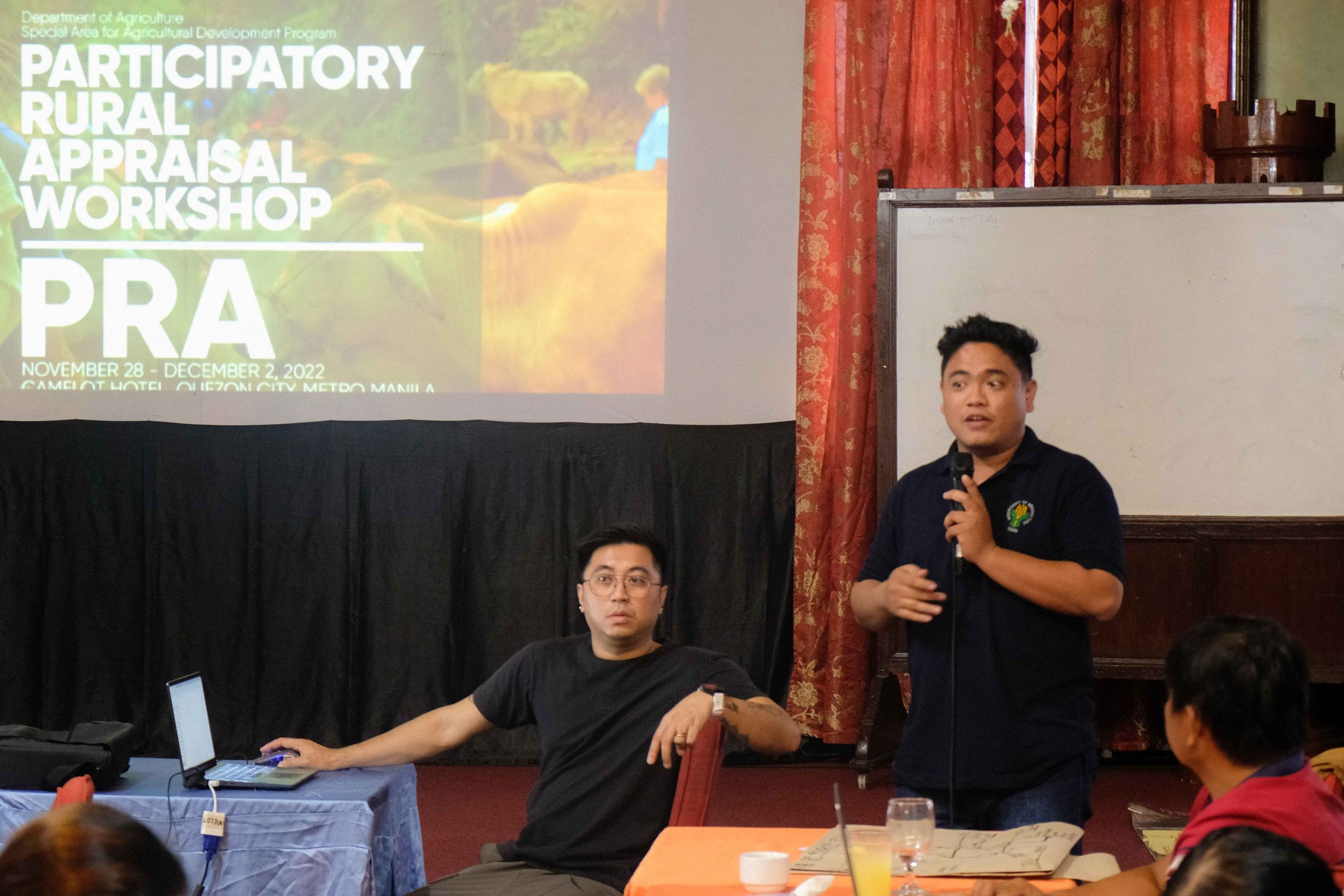
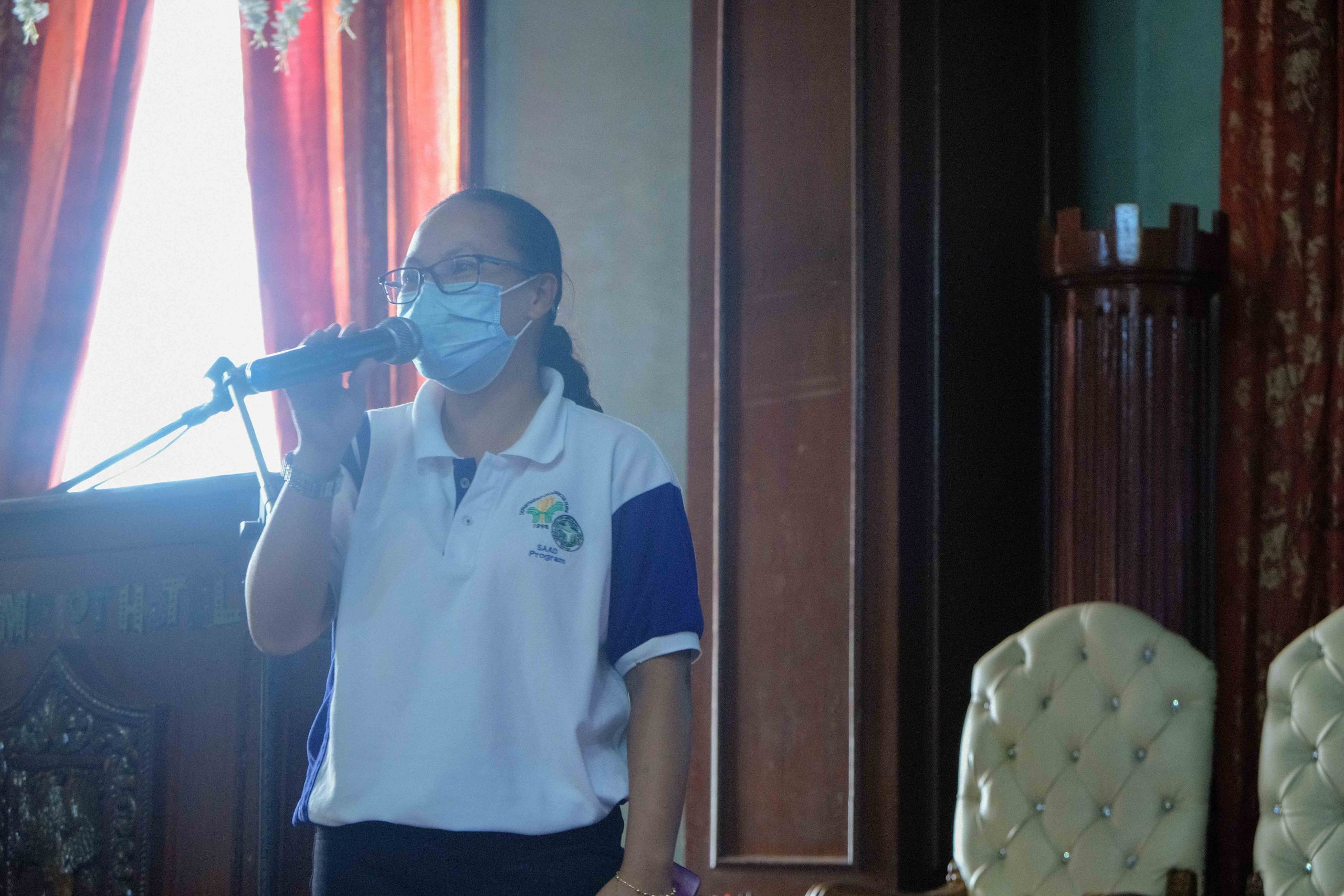
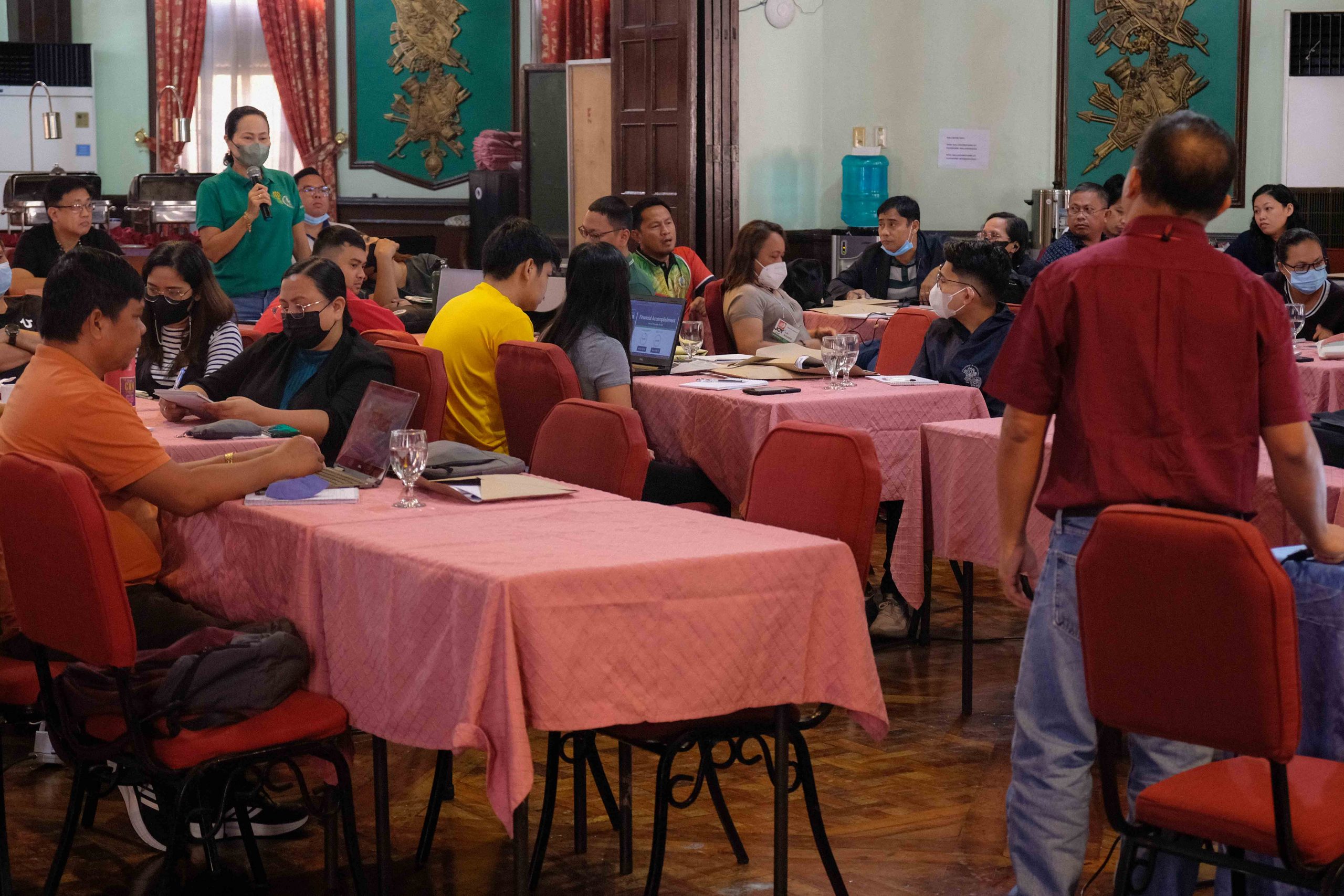
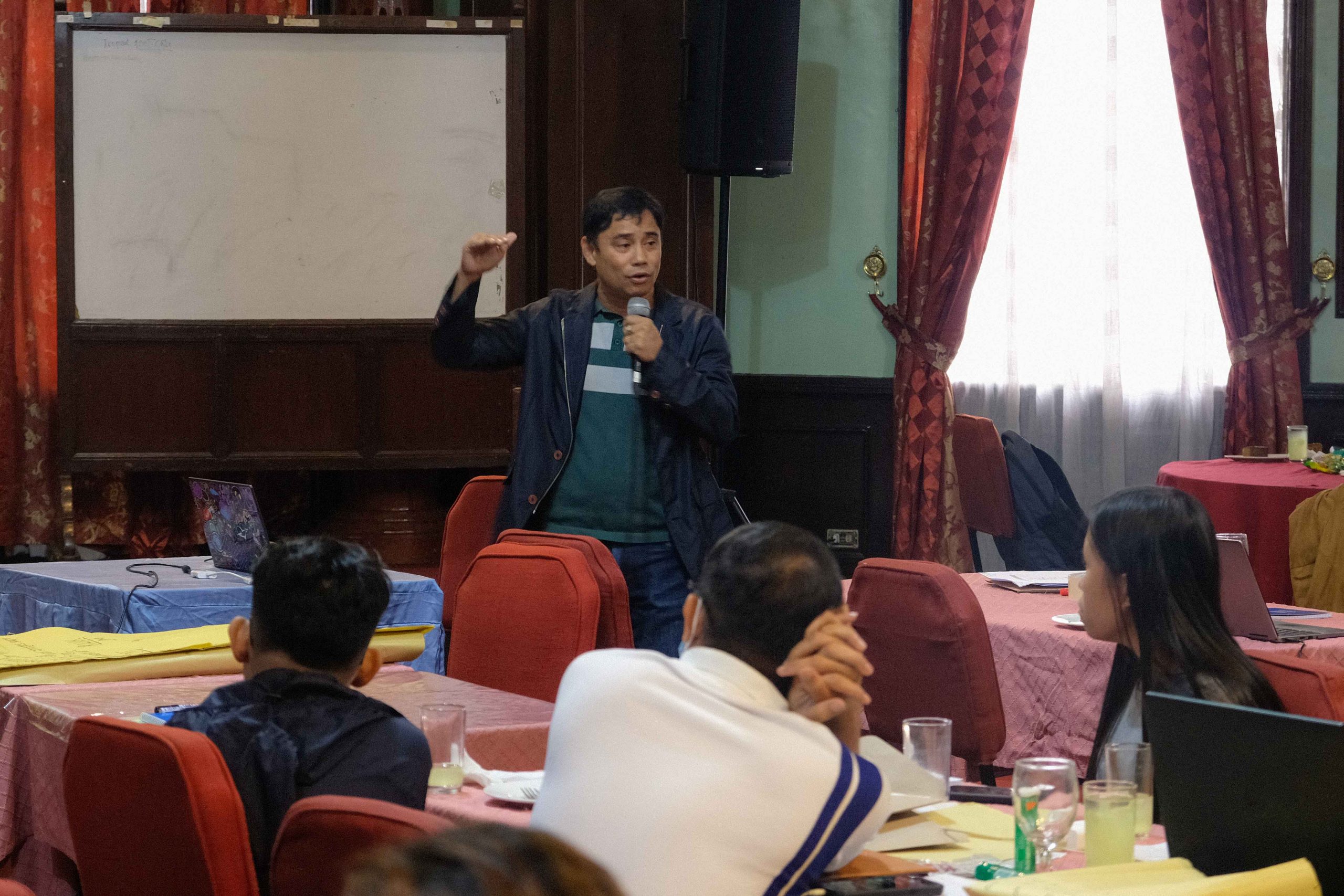
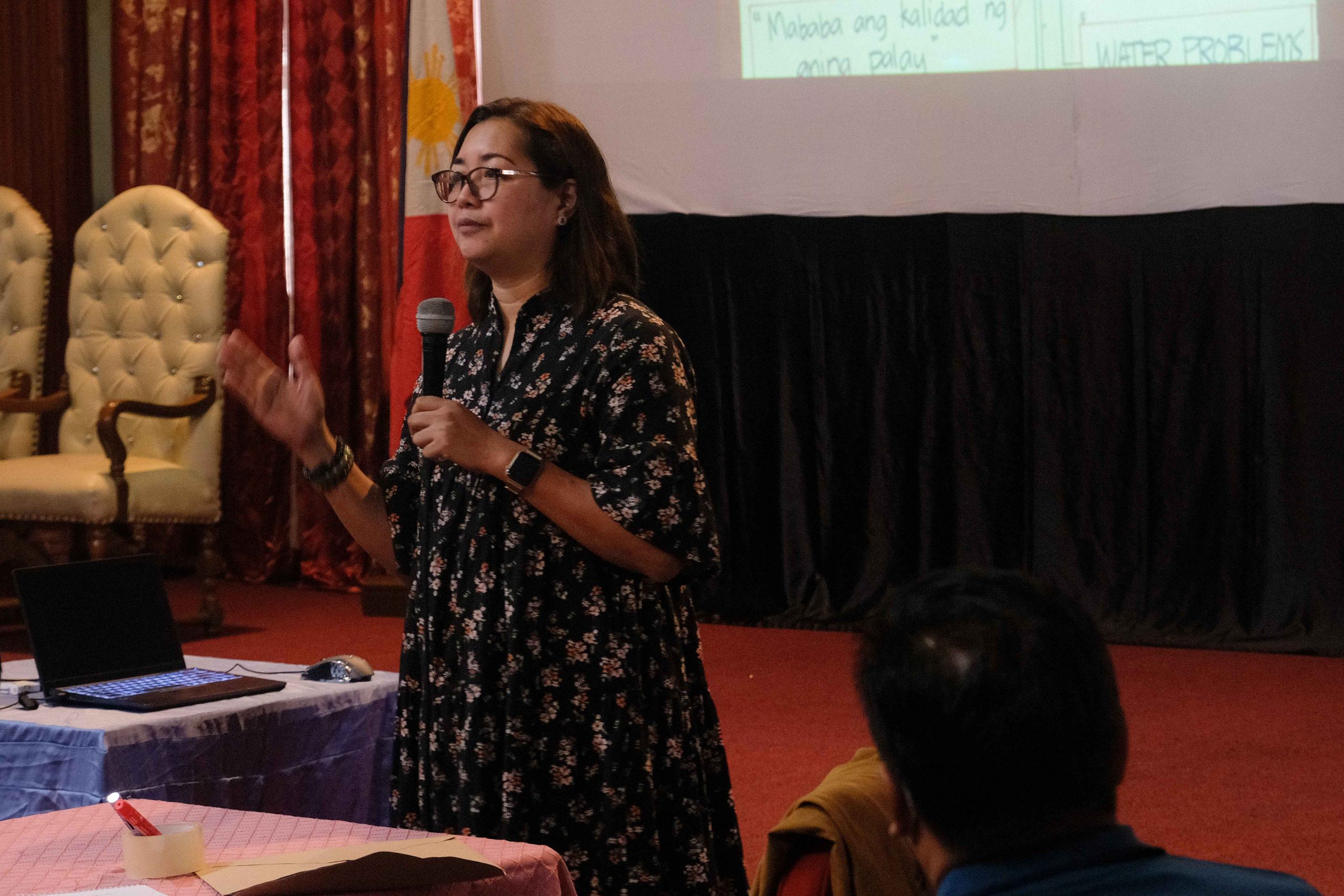
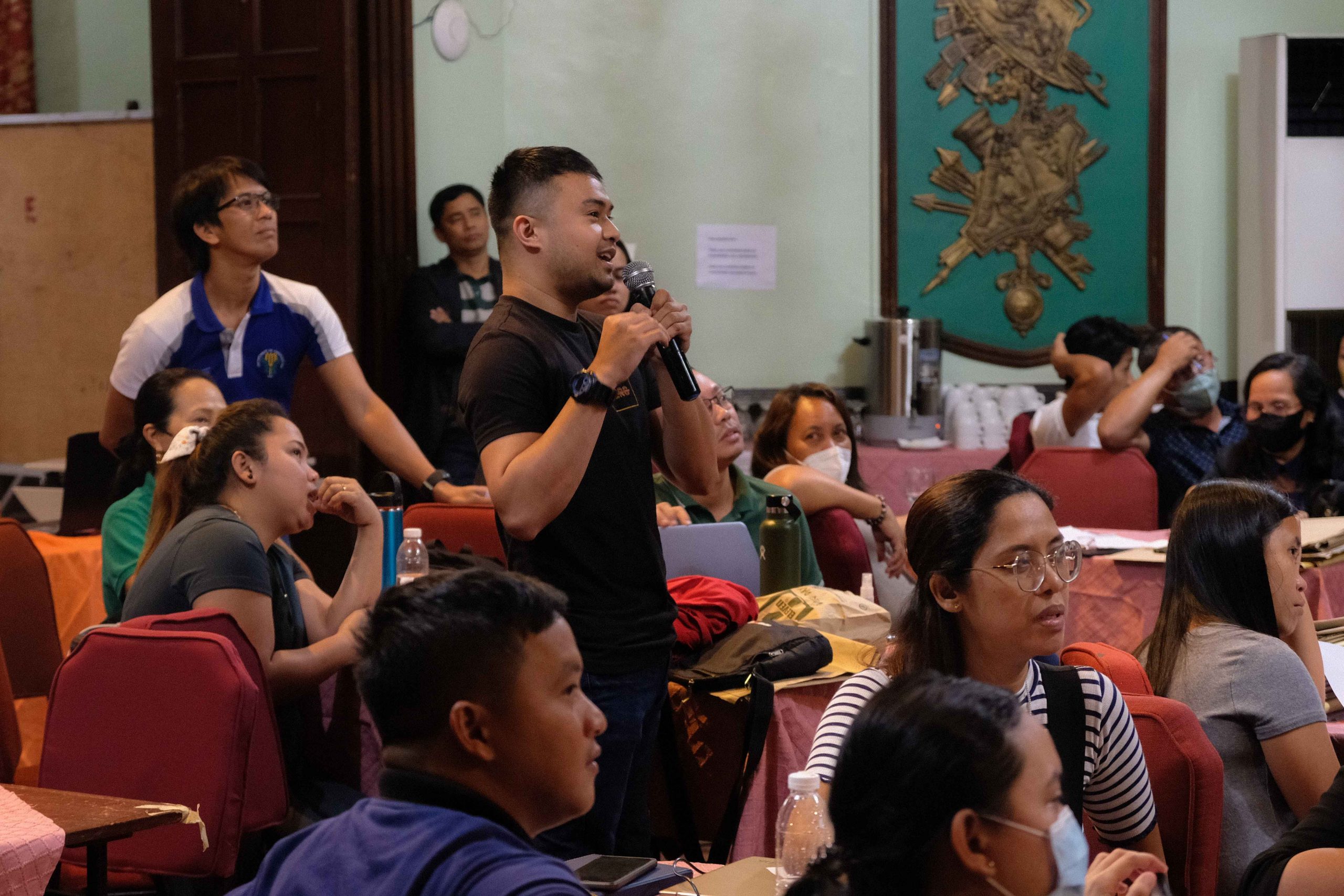



Comments (0)